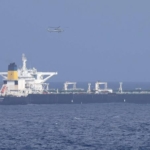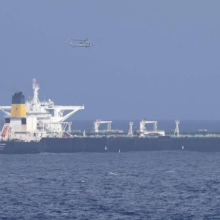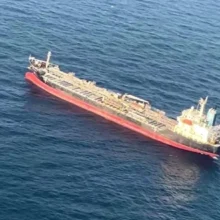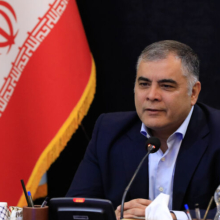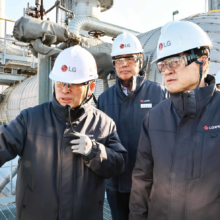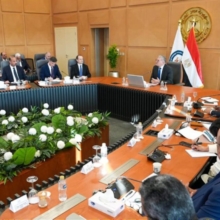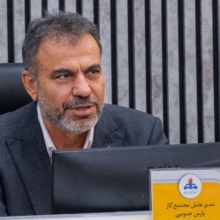President: Collaborative efforts help overcome challenges in energy supply
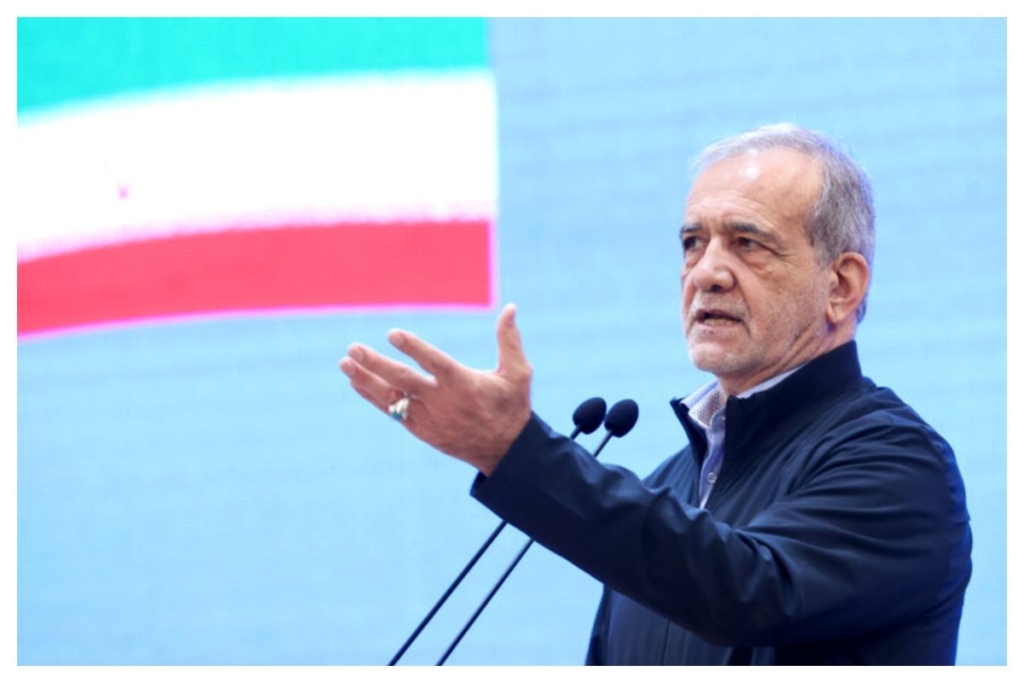
RoydadNaft – The president emphasized that despite predictions of heightened energy imbalances in the ninth month of the current Iranian calendar year, the nation has successfully averted the anticipated challenges in energy and electricity supply.
Masoud Pezeshkian credited this achievement to public cooperation and the efforts of officials, urging immediate focus on managing energy production and consumption for the coming summer and winter.
At a meeting on Friday, attended by the Chief of Staff, Ministers of Interior, Oil, Energy, Roads and Urban Development, and Industry, as well as provincial governors via videoconference, Pezeshkian acknowledged the proactive measures that stabilized the electricity grid.
“The reports indicate that the situation could have been far worse. I sincerely thank everyone who worked to bring stability to the network,” he said.
Addressing structural issues to manage crises
He called for tailored educational programs to guide energy management across residential, commercial, and industrial sectors.
Pezeshkian further stressed the need for an engineering approach to assess and refine production, distribution, and consumption processes as he proposed using a mix of regulations, incentives, and penalties, while involving private and non-governmental sectors to ensure effective enforcement.
The president also called for smart monitoring systems to identify unauthorized energy usage, enabling better control of distribution and consumption.
He directed the formation of a taskforce to oversee the precise implementation of these initiatives and emphasized engaging various institutions like media, schools, and religious centers to maintain public awareness.
Prioritizing industrial operations amid energy savings
The president reiterated the importance of uninterrupted industrial operations, suggesting that saved energy resources be redirected to industries.
“We must ensure industries do not face power outages next summer. With collective efforts and problem analysis, solutions will be devised,” he stated.
Ministerial reports highlight savings, strategies
Speaking at the meeting, the interior minister reported that over 100 high-consumption government facilities faced power and gas cuts in recent weeks.
Efforts were also made to optimize energy use in public spaces like airports and railway stations, said Eskandar Momeni adding that these measures, along with public cooperation, resulted in greater-than-expected energy savings.
Oil Minister Mohsen Paknejad detailed recent actions to secure fuel supplies, while the Energy Minister Abbas Aliabadi noted the 40% efficiency rate of the nation’s power plants.
Industry Minister Mohammad Atabak announced a three-million-cubic-meter increase in fuel allocation to industries following recent savings, urging continued prioritization of industrial energy needs.
Farzaneh Sadeq-Malvajerd, the roads and urban development minister highlighted weather forecasts predicting a five-degree temperature drop next week adding that efforts to manage lighting on intecity roads have saved 100 megawatts of electricity over two weeks.
Fatemeh Mohajerani, the government spokesperson reported a 3% reduction in gas consumption and a 5% cut in electricity use through campaigns encouraging households to lower indoor temperatures by two degrees.
Nationwide efforts to address energy challenges
Provincial governors shared their strategies for managing energy shortages, showcasing a coordinated national response.
Collectively, these efforts reflect the government’s commitment to mitigating energy disparities and preparing for future challenges.

